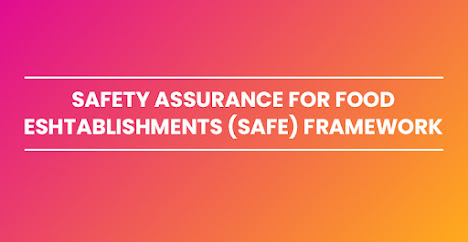Developing Sense making Skills For Success
Developing Sense Making Skills for Success
We all know that success comes from making good decisions. But what does it mean to make a
"good" decision? What factors do we need to take into account? And how can we be sure that we're considering all the relevant information?
The truth is, there is no one perfect answer to these questions. But there are some key skills that can help
us move in the right direction. These skills are sometimes collectively referred to as "sense-making."
In this blog post, we'll explore what sense-making is and why it's essential for success in
today's business world.
What exactly is sense making?
There's no single definition of sense-making, but at its core, it's about understanding the complexities
of a situation and making the best possible decision based on that understanding. It's about going beyond
simply reacting to a problem or opportunity and instead proactively seeking out solutions.
In order to do this effectively, sense makers need to be able to see the big picture while also paying
attention to important details. They need to be able to think creatively and come up with outside-the-box solutions. They need to be able to quickly and accurately process large amounts of information. And they need to be able to communicate their ideas clearly and persuasively.
Why is sense making so important?
In today's business world, the ability to make good decisions is more important than ever before.
The speed of change is accelerating, and businesses must adapt quickly or risk being left behind. This means that employees must be able to identify problems and opportunities at the early stages and develop creative solutions that will help the company stay ahead of the curve.
Developing sense-making skills can help employees at all levels of an organization contribute to its success.
Senior leaders can use sense-making skills to develop strategies that will position the company for
long-term success. Middle managers can use them to improve processes and solve everyday problems.
And front-line employees can use them to identify ways to improve customer satisfaction or increase sales.
How can I develop my sense-making skills?
If you're interested in developing your sense-making skills, there are a few things you can do:
- Pay attention to your own decision-making process and reflect on what works well for you and what doesn't.
- Read books or articles about decision-making and problem-solving Practice brainstorming with friends or colleagues and coming up with creative solutions to a real or imaginary problem
- Seek opportunities at work where you can put your sense-making skills into practice.
- And last but not least, don't be afraid to make mistakes! The only way to get better at something is through practice, so don’t be disheartened if your first few attempts didn’t go as planned.
Conclusion:
Making good decisions is essential for success in today's business world--but it's not always easy.
To make good decisions, we need to develop our sense-making skills. Sense-making is all
about understanding the complexities of a situation and making the best possible decision
based on that understanding. It's about going beyond simply reacting to a problem or
opportunity and instead proactively seeking out solutions.
If you're interested in developing your sense-making skills, enrol in Eduquest’s 2-day course on “Developing Sense-Making Skills for Success” where you will learn with our subject matter expert and practice with like-minded participants. You'll get better and better at making decisions--and setting yourself up for success!
.jpg)



Comments
Post a Comment